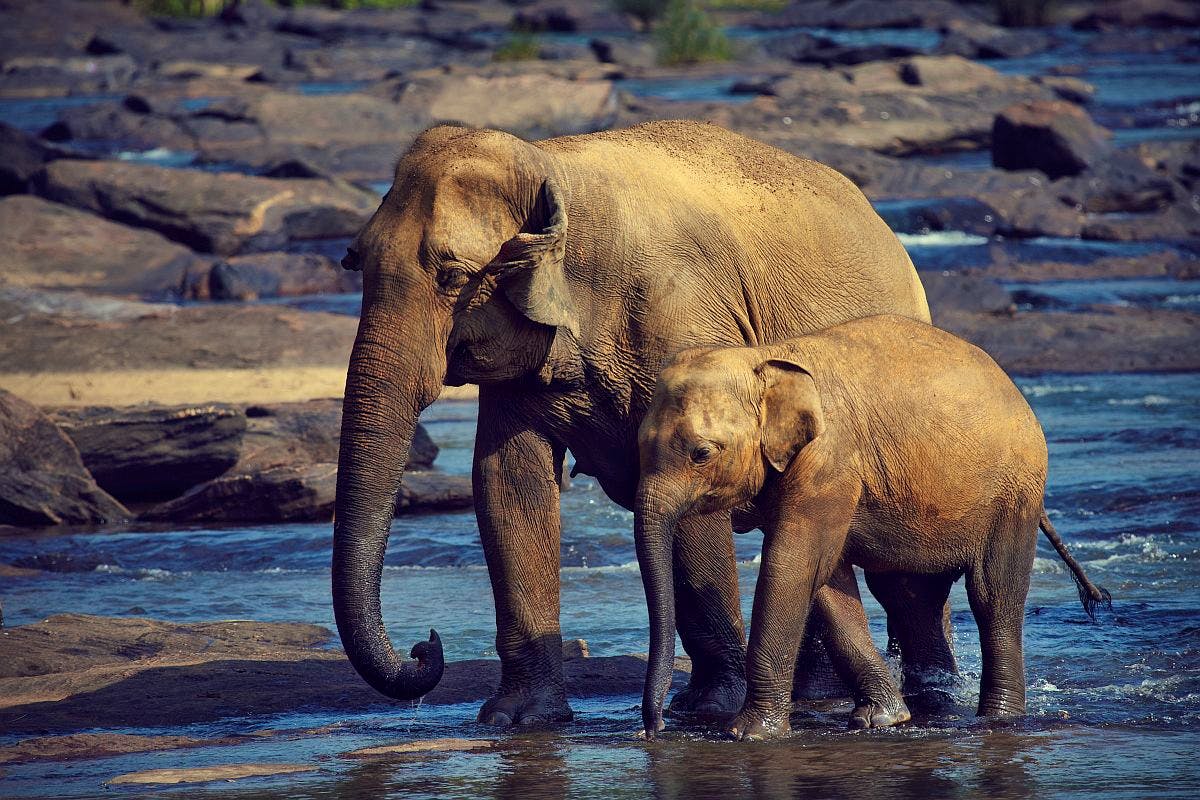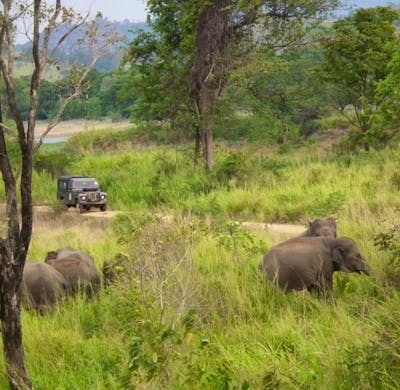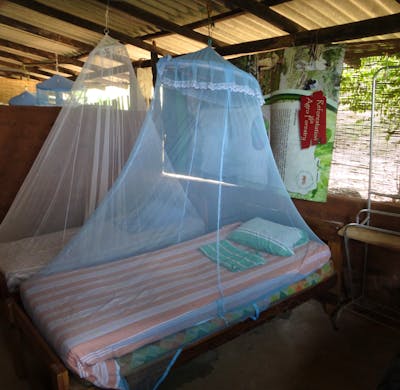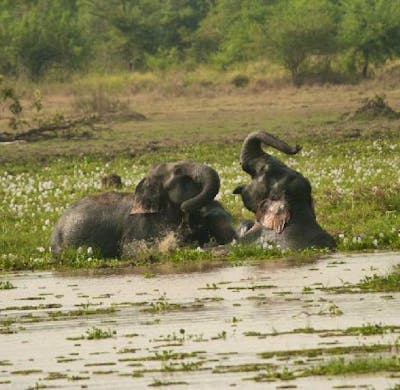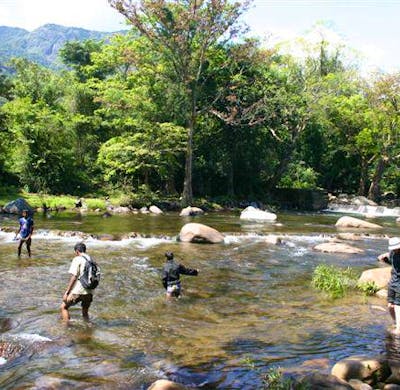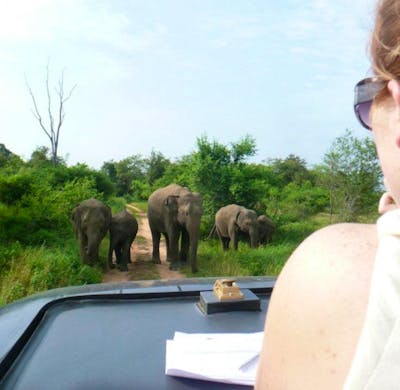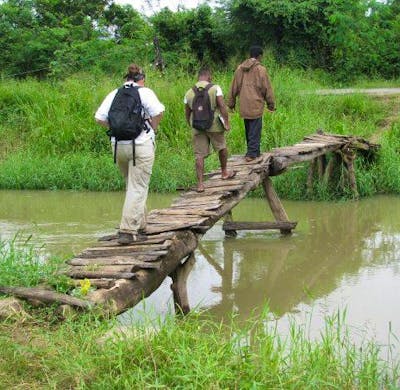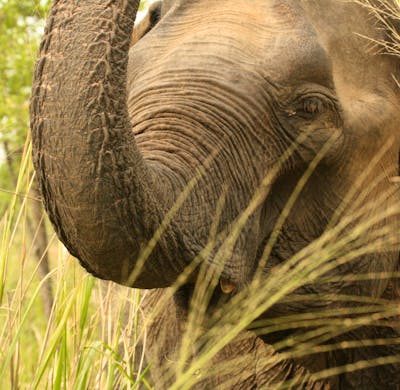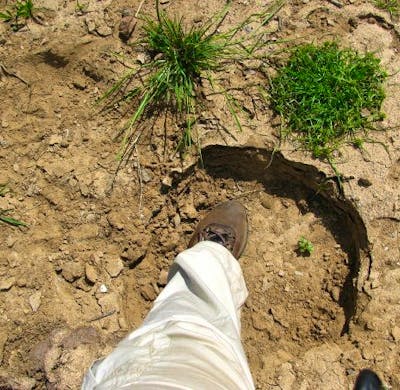First Day
You will arrive into Colombo and be met at the airport, and transferred to your hotel in Ambepussa where you will spend your first night. The next morning you will be met by a member of the team, who will then transfer you to the project site. After settling into your accommodation, you will receive an orientation and will have the time to get to know your fellow volunteers before heading out for your first chance to see the elephants!
Regular Days
During the project, your group will be split into two teams
who will each engage in a wide variety of different wildlife and elephant
conservation tasks in Wasgamuwa National Park. You will also get to visit local
villages where you will observe human-elephant conflict resolution projects. Volunteers
will also receive time off, where you can choose to relax or visit nearby
cultural sites (such as Sigirua and the Temple of the Tooth). However,
regarding your workdays, activities may include any of the following:
Human-Elephant Conflict Observations:
This will be a fundamental part of your time on the project,
as you will spend your afternoons tracking and monitoring the elephants in vehicles in the ‘elephant corridor’. The purpose of this activity is to allow you to collect
data on the special and temporal distribution of passing elephants and observe
how villagers and elephants interact, as both factions use the area. You will
be able to spot other wildlife, should it walk past! All of the data collected
is essential for wider elephant conservation efforts.
Trail Transects:
This activity involves spending a session walking along a trail and recording dung found alongside it. The aim of the trail transect is to investigate Sri Lankan elephant populations outside of Wasgamuwa National Park, as well as to determine their seasonal variation and habitat preferences. Additionally, while not exactly glamorous, this task is incredibly important in indicating the age, size, sex and eating patterns of elephant individuals, and may also illustrate the extent of human-elephant conflicts within the area.
Electric Fence Monitoring:
Each team will check the state of the solar-powered electric fences, which have been erected to stop elephants from entering villages. Once checked, the status of their conditions will then be relayed to the local fence committees, which maintain and operate the fences. This process also enables volunteers and the project staff to see what can go wrong with the fences so that their design and management can be improved.
Elephant ID:
Each team will spend a session at the Weheragala Tank looking for Sri Lankan elephants and then observing and photographing them. Elephant identification data sheets will be filled by observing the different physical features of individual elephants. The aim of the elephant ID is to build up a catalogue of individuals as a basis for numbers, social organisation and movement inside/outside the park. As you observe elephants you may also be able to observe other wildlife present in the area, which includes sloth bears and even leopards!
Sustainable Land Use and Livelihood Project Monitoring:
Agriculture is one of the main contributing factors in human-elephant conflicts. The project has established several sustainable land use and livelihood projects with local communities to develop agriculturally based measures that are compatible with the elephants. You will learn how important the involvement of communities is for sustainable elephant conservation and will also help to monitor and evaluate innovative landscape management systems designed to help buffer communities from elephant raids.
Wildlife Observation and Data Logging:
You will spend time in your teams at the water tank, where you can look for Sri Lankan elephants and other wildlife including peacocks, mugger crocodiles, water buffalo, macaque monkeys, leopards and an extensive collection of birds within the area. The information collected will then be logged into the system.
Trekking:
During your time on the project, you will spend time observing wildlife and various habitats, as well as visiting forest hermitages and looking out for signs of elephants for wider Asian elephant conservation and other wildlife.
Last Day
After saying goodbye to the project staff and the friends you have made, you will be transferred back to Kandy. From here you can commence your independent travel plans or arrange a transfer back to Colombo to catch your returning flight home.
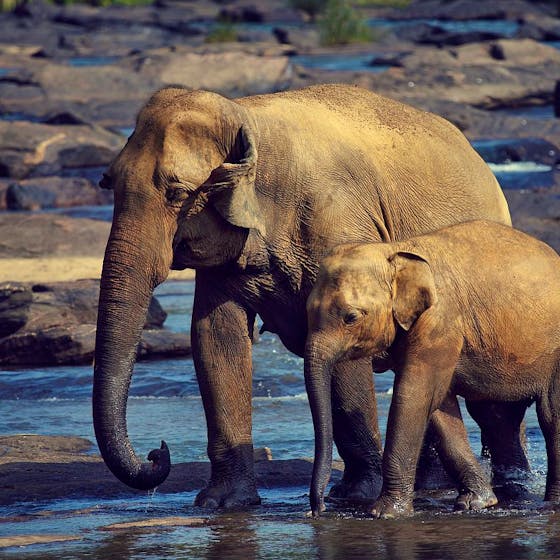
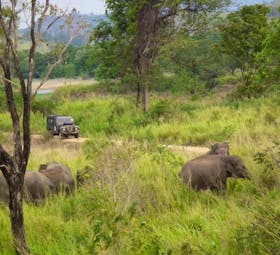
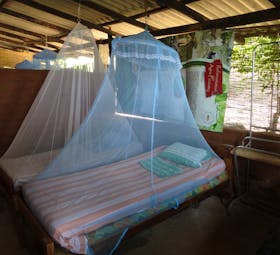
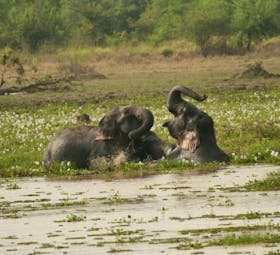
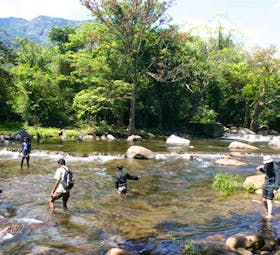
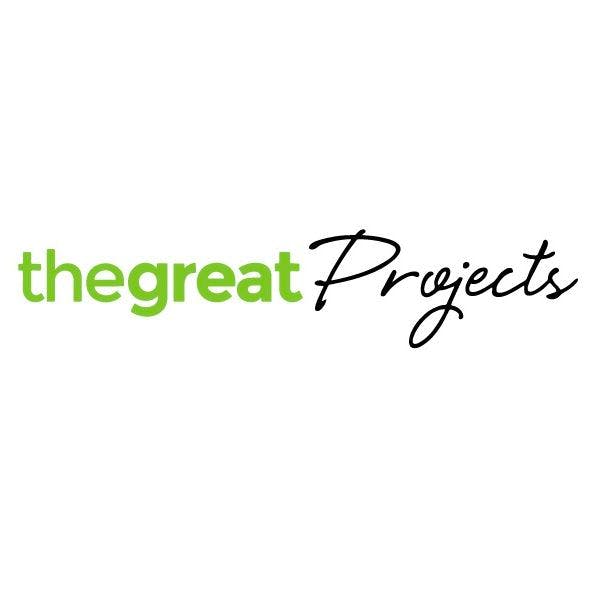
 4.6
4.6

